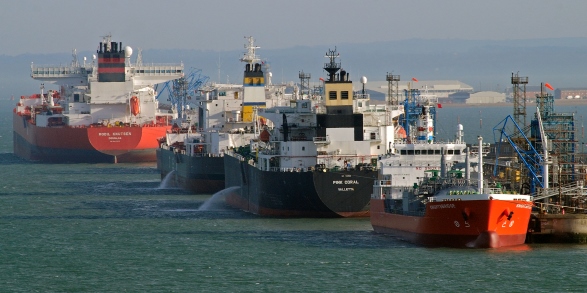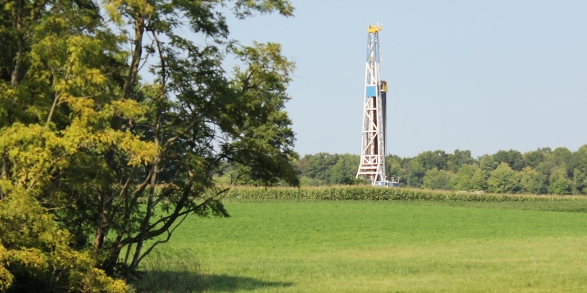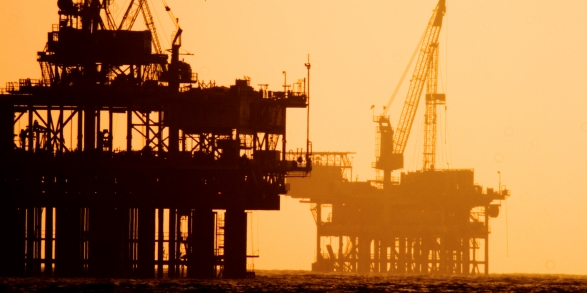Four recent oil-train derailments—two in the United States and two in Canada accompanied by yet another drive-by rhetorical smear of the Keystone XL pipeline by U.S. President Barack Obama—have re-invigorated the debate over how Canadians and Americans transport oil.
energy
With a call-for-comments, Ontario released its Climate Change Discussion Paper on Feb. 12. The plan is essentially a laundry list of public policies that have been sought by environmentalists and allies for decades.
The newest entrant into the ongoing saga of the serially-delayed Keystone XL pipeline is the U.S. Environmental Protection Agency, which recently created yet another reason to delay the project that would carry Canadian oil to refineries in the U.S. Gulf Coast.
There is a prominent view among some in Alberta’s provincial government and elsewhere in the province that believes booms and busts in government finances are a result of the province’s large energy sector.
Canada’s federal equalization program is motivated by good intentions. However, the program has unintended consequences, and creates perverse incentives that have allowed at least two “have-not” provinces to shun sensible economic opportunities.
New Brunswick Premier Brian Gallant, seems poised to follow through on a campaign promise to institute a moratorium on hydraulic fracturing.
Carbon taxes are back on centre stage in Canada, after a new “bipartisan” Ecofiscal Commission came out in favour of the idea.



